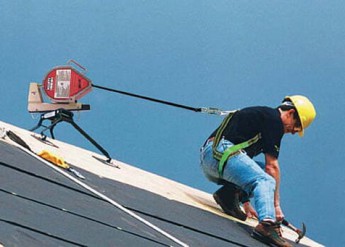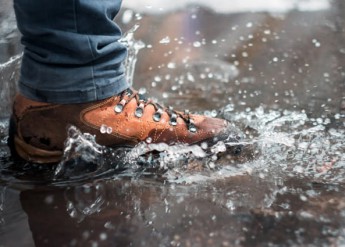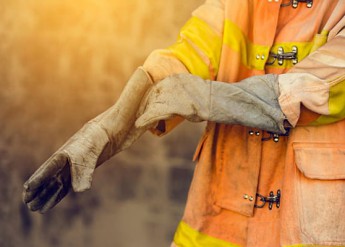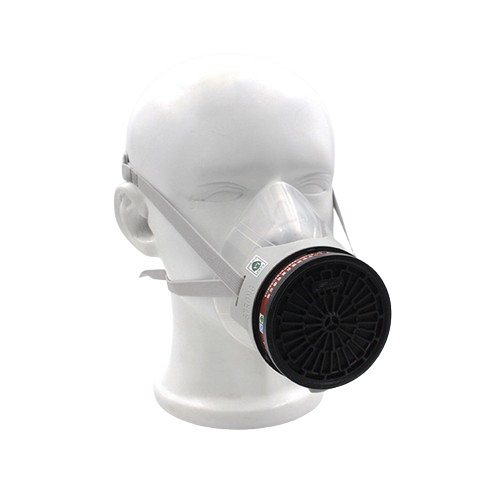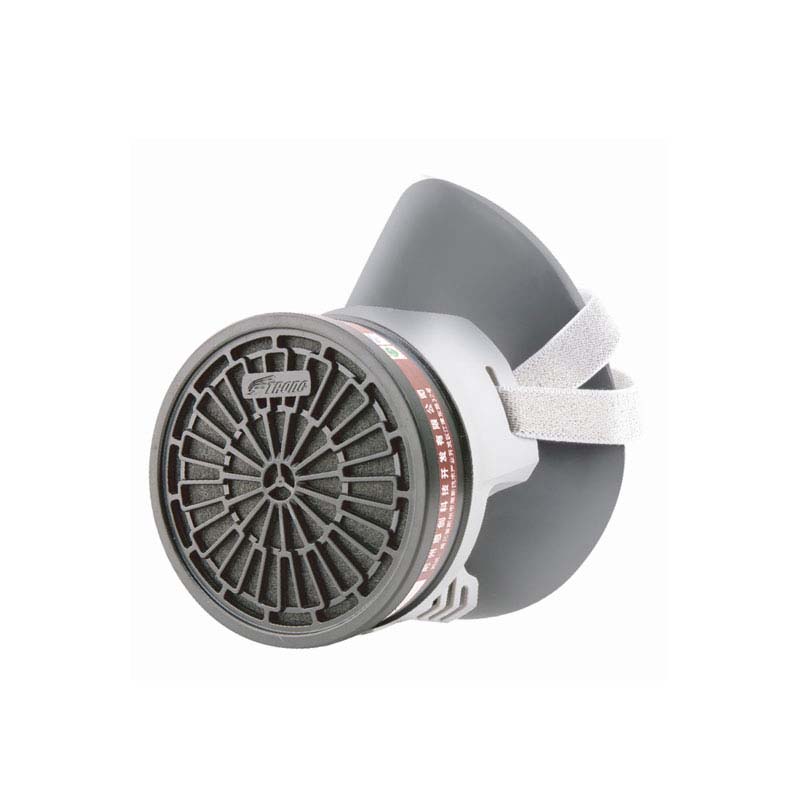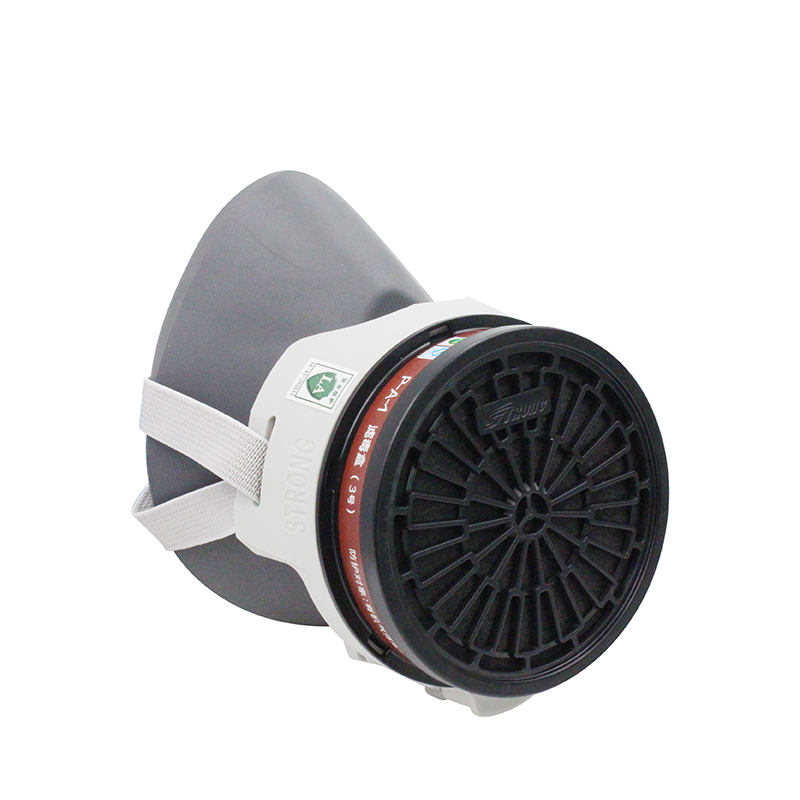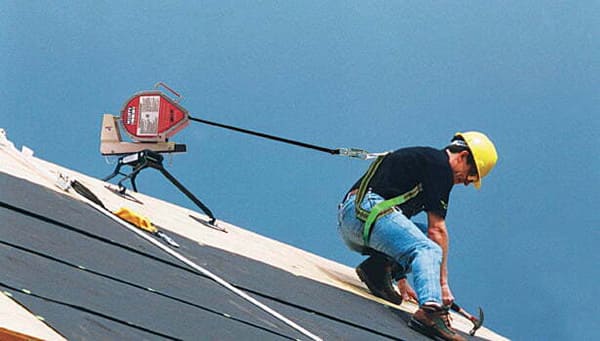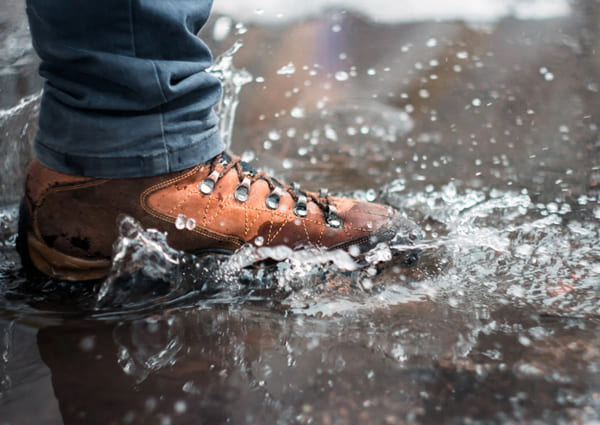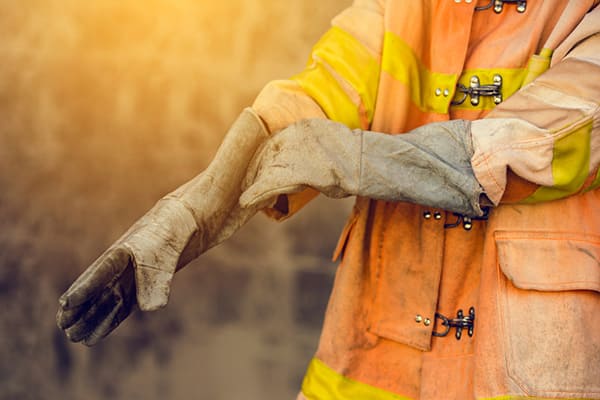What are Dust Masks Used For?
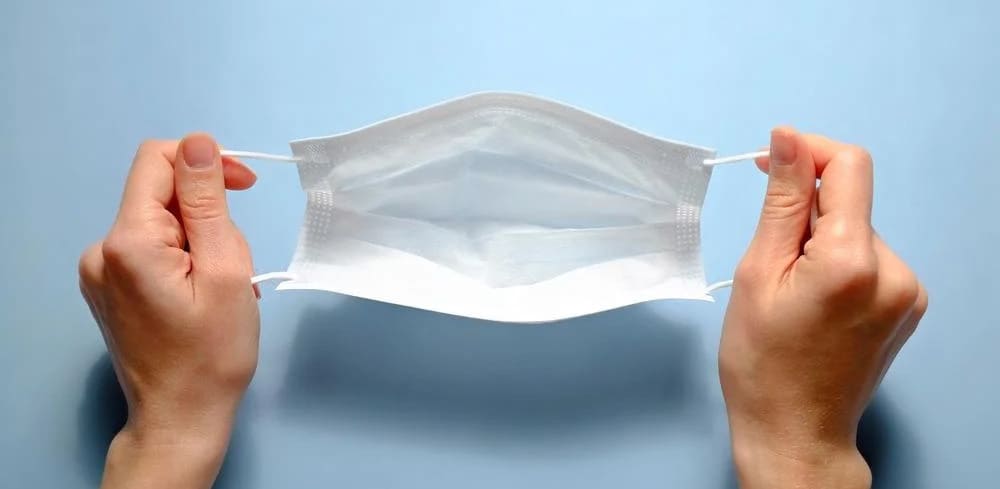
Dust masks, also known as respirators, are a type of personal protective equipment (PPE) that are designed to protect the wearer from inhaling harmful particles and dust in the air. They are commonly used in a variety of industries where workers are exposed to airborne hazards such as construction, mining, and agriculture. Here are some important things to know about dust masks.
First and foremost, it's important to choose the right type of dust mask for the job. There are several different types of dust masks available, each with its own specific use. For example, N95 respirators are designed to filter out at least 95% of airborne particles, including those that are too small to be seen with the naked eye. They are commonly used in healthcare settings and in construction and demolition work. Other types of dust masks include N99 and N100 respirators, which offer even greater levels of protection.
It's also important to make sure that your dust mask fits properly. A dust mask that is too loose or too tight may not provide adequate protection, and could even be dangerous. To ensure a proper fit, follow the manufacturer's instructions and make sure that the mask is snug but comfortable, with no gaps between the mask and your face.
Another important factor to consider is the quality of the dust mask. Look for a mask that has been approved by a regulatory agency such as the National Institute for Occupational Safety and Health (NIOSH) in the United States or the European Union. These agencies have established safety standards for dust masks to ensure that they are designed and manufactured to provide adequate protection.
Finally, it's important to use your dust mask properly. This means wearing it at all times when you are exposed to dust or other airborne hazards, and replacing it regularly to ensure that it remains effective. It's also important to store your dust mask properly when it's not in use, to prevent damage or contamination.
In conclusion, dust masks are a crucial piece of personal protective equipment for anyone working in an industry where airborne hazards are present. By choosing the right type of mask, ensuring a proper fit, selecting a high-quality product, and using it correctly, you can help protect yourself from the harmful effects of dust and other airborne particles.

